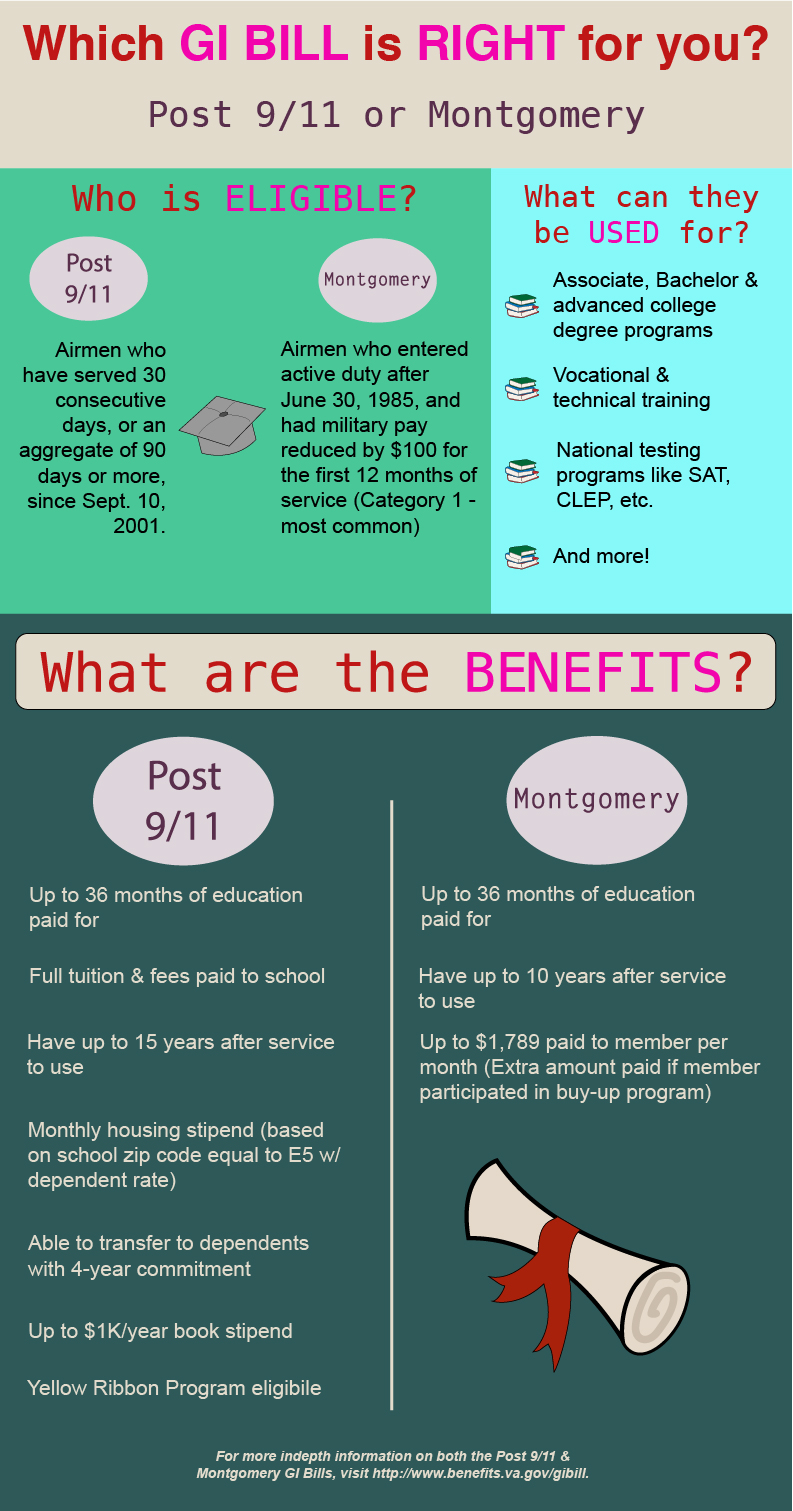Post 911 Gi Bill Non Resident
bill resident wallpaperSo it would pay up to the 8000 in tuition. And in most cases the Post 911 GI Bill provides better benefits then the fee-based MGIB-AD.
Http Www Benefits Va Gov Benefits Factsheets Education Post 911 Eligibility And Payments Pdf
The Post-911 GI Bill can pay your full resident tuition at a public school.

Post 911 gi bill non resident. However this means that covered individuals could still be charged non-resident tuition and fees based on the schools existing rules for resident and non-resident charges for terms that. Military Education Information FAQs come directly from the Veterans Administration GI Bill web site. Transferring GI Bill students for example can be.
Total In Your Pocket. Post 911 GI Bill is also called Ch 33 and went into effect August 1 2009 for school terms after August 1 2009 plus Public Law 111-377 Modifications to the Post 911 GI Bill January 2011. The Post-911 GI Bill chapter 33 benefits is an education benefit program specifically for military members who served on active duty on or after September 11 2001.
Under the Post 911 GI Bill rules the VA can pay up to 100 of the resident tuition rate if you attend a public school or up to 1919831 per year if you attend a private school assuming you are at the 100 tier meaning you served at least three years on active duty. The Post 911 GI Bill pays up to the resident tuition rate if you attend a public school which is what the University of Wisconsin at Milwaukee is. This waiver ensures that GI Bill students can continue training at their chosen institutions while states or boards or schools if the policy-making authority resides below the state level take the necessary actions to comply.
The other 10000 per semester is out-of-pocket unless they are a Yellow Ribbon School  let me check. Anyone using transferred Post-911 GI Bill benefits who lives in the state where the IHL is located and the transferor is a member of the uniformed service who is serving on active duty. The Post-911 GI Bill 20 which gives veterans more choice in their programs starts on Aug.
In a study last year the VA found that only 22000 military members used the MGIB-AD compared with the 714000 that used the Post 911 GI Bill. Post 911 GI Bill Students who are eligible for 100 of Post 911 GI Bill-Ch 33-benefits undergraduate and non-residents are eligible to apply each year for the Yellow Ribbon Program YRP. Post-911 GI Bill Benefits Students eligible for this benefit at the 100 rate could also have an opportunity to participate in the Yellow Ribbon Program which may make additional funding options available to a non-resident or out-of-state student as long as the institution of higher learning attended is a participating university.
Once a student exhausts their Post 911 GI Bill benefits the student may apply for the Non-Resident Tuition Scholarship. Answer ID 1507 Published 05152015 1107 AM Updated 11142018 0953 AM. Please visit the Department of Veterans Affairs website httpswwwvetsgov for more information.
As a result of this legislation the MGIB-AD it would be totally phased out as an option by 2030. The Post 911 GI Bill provides financial support for education and housing to individuals with at least 90 days of aggregate service on or after September 11 2001 or individuals discharged with a service-connected disability after 30 days. If you are attending a private or foreign school it will pay up to 2516214 per academic year.
Post 911 GI Bill Military Education Benefits and Veteran Education Benefits are timely and important to you. Auburn University is participating in the VA Ch 33 Yellow Ribbon Program. Remember some forms of aid such as Pell Grants are awarded in addition to your Post-911 GI Bill benefits so be sure to fill out your FASA forms.
Under the 20 Bill a veteran can choose between all public school in-state tuition and fees or up to 17500 for a private school each academic year. The tuition benefit is capped at the lessor of the actual tuition charged to you or 20235. The Post-911 GI Bill reimburses your tuition fees to your school and makes housing and other payments directly to you.
Military Non-Resident Tuition Scholarship The Military Non-Resident Tuition Scholarship pays for the non-resident portion of tuition that out-of-state student veterans have when they are non-resident students. However the MGIB-AD has been largely overshadowed by the Post 911 GI Bill which is free just for serving. In summary Post-911 GI Bill students enrolled in approved resident physically in person courses at a rate of pursuit of more than 50 which have been converted to online learning solely due to COVID-19 will continue to receive benefits including Monthly Housing Allowance at the resident rate until December 21 2021 or until the school resumes normal operations of resident training whichever comes first.
An academic year lasts. Effective August 1 2011 the Post- 911 GI Bill pays all eligible public school in-state tuition and fees. So you would be responsible to pay the difference between the resident and non-resident tuition rate unless you choose a school that is a Yellow Ribbon School.
But an estimated 3800 veterans annually face substantial out-of-pocket costs because they elect to attend state-run colleges as non-residents. Anyone using benefits under the Marine Gunnery Sergeant John David Fry Scholarship who lives in the state where the IHL is located regardless of hisher formal state of residence.